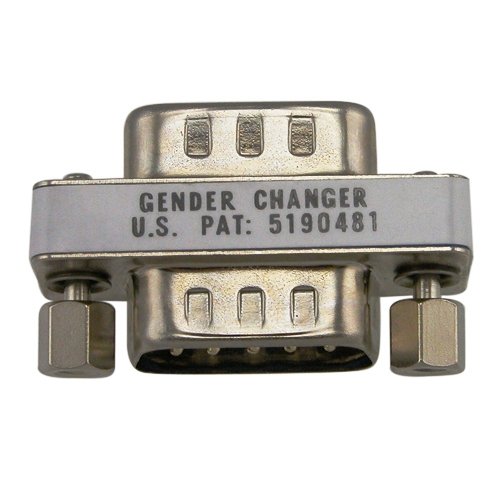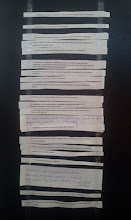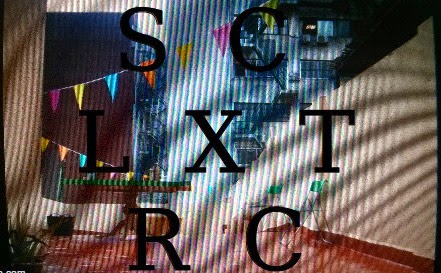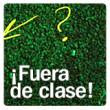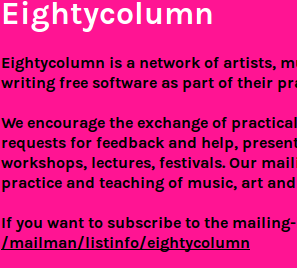a Temporal Belongings conference, 15th-17th March, 2021:
https://www.temporalbelongings.org/the-material-life-of-time.html
Much of the time of our
lives is given to us by the relationships, properties and movements of
worldly materialities. Atmospheric carbon has irrevocably transformed
agricultural time (Kassam et al 2018), microplastics are queering
reproductive time (Davis 2015), dissolvable sutures have remade the time
of health, while rare earth minerals make possible the mobile phones at
the heart of debates around acceleration and time squeeze (Wajcman
2008). In all of these ways and more, we see material objects — their
uses, cost, manufacture, changing composition and characteristics — at
the heart of modern debates about how time should be used, lived and
valued.
A deeper recognition of the
material lives of time thus attunes us to questions of how times are
being made, where its materials are coming from, who or what is being
displaced in the process, and what kinds of material practices are being
called forth. How does the global race for resources in a time of
climate breakdown, including for oil, gas, arable land and fresh water,
make new times of migration, colonialism and dispossession? How are new
bio- and medical technologies affecting embodied temporalities? How are
particular generational, political or bureaucratic times out-of-synch
(or not) with geological times, biological times or ecological times,
and what are the consequences? What kind of resonance do concepts such
as ‘modernity’, ‘post-modernity’, ‘growth’, ‘recession’, ‘crisis’ and
‘acceleration’ take on from this perspective? What kinds of speculative
futures are being produced and for whom (Keeling 2019)?
‘Materialising’
time also works back on concepts, approaches and methods for studying
time by calling into question the dualistic treatment of ‘social time’
and ‘natural time’ which has structured a significant proportion of work
on time (Adam 1994). We are asked to rethink key temporal concepts by
attending more closely to their material basis and the ways these
materials remain, morph, wear away and disappear with changing
environments and socialities, “not in a relation of linear unfolding,
but threaded through one another in a nonlinear enfolding of
spacetimemattering” (Barad 2010). Another set of questions thus revolves
around how to study time in its complexity, the difficulties that
disciplinarity presents, and what to make of the continual rediscovery
that time is not unitary and objective, but multiple and situated.
Figurations of timely extraction (Helen Pritchard, Jara Rocha, Femke Snelting)
This piece engages with three figurations of timely extraction: consortium, borehole and amalgam. It makes use of the contaminated and contaminating practice of figuration to plot stories that highlight some of the milestones of deadly collaboration, of optimised acceleration, and of sedimented damage. These stories might provide a way to make present the time-space complexities that emerge from the connections between extractivism, computation and semiotic-material values. Attempting to expose the rocky figures of consortium, borehole and amalgam, implies exposing also some of their interdependent articulations such as transnational alliances, gold mining and geocomputation and how they shape life/non-life temporalities. The dynamic crossings of time and matter that they are embedded in establish a dynamics of repeated damage, via latent regimes which maintain extractive forces, practices and modes.
ìnfo and full programme: https://www.temporalbelongings.org/uploads/6/8/8/9/6889024/mlot_full_programme_210308.pdf
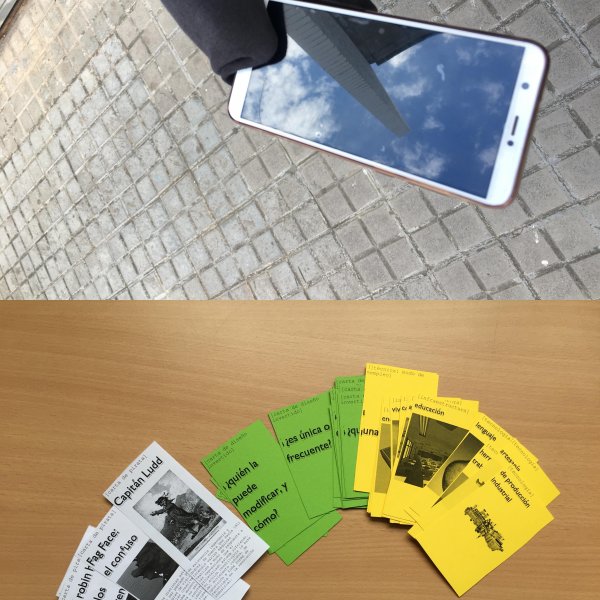
![[fellowship] LaaS (Life as a Service)](https://blogger.googleusercontent.com/img/a/AVvXsEijogwX9jgADqQ9A00tu8fCFaF8ARU8Sq0EXI0Z_PBE8M-SVpgMWAUiHJjw4-QwLjz-KCQlOgyvJNwpvBLe41Gr7xN0xlWzvyrGxZg9mUIH9-q3xEF51MSk6UnyUkD--ZptqoMcp7XSlgD8wV5MVeUaN8o7X34SnScuLZ4C76XyW6U8JDneHWrSw8vZ=s220)


![[associate membership] TITiPI](https://blogger.googleusercontent.com/img/a/AVvXsEjcMlj6-I_3r2L84w6kGyECKoYCgG_clIbPgkJU643pGFonPn9P-UV_qnNI3V-pjgEVFigNgse4IABpsD7WRie8evGe1jdLZOV92rg_McRtrbSIJOTVzyUW5Xx4ITTYM3JL-d90tF-XGKpKscmUYcnrts654lnj1hVbrHZUBvKA8X5pZPXL6DIoILz9=s341)
![[escuela] Elefantes en la habitación](https://blogger.googleusercontent.com/img/a/AVvXsEgg8WMXXVVHA5uHIAlHGUstKTSRhzQEhEORdROKz8QBgLMPCtYxyNIyCnuFkFwDAoixgS1XMLDeGEtm5P0cXW3AUi6AB179S0Ei6BueXW8NXbREYnik1VICivjPvl7G2Ti597fcw2OQ38cWzV0BpfG3MijQiSAzCdVmj67HS4VIiCsQV5dLgdOubMvIGiM=s220)
![[book] Volumetric regimes: material cultures of quantified presence](https://blogger.googleusercontent.com/img/a/AVvXsEgmU-TcPBoSAK-bYjc2IS1c3j6YaoY0bAmoWeJphwdAVgJ1vRcZP_dg5Ki_GWBYPakurYUpM6XIlUGJKAKALaYhdx-sLtC-KlL3NocFIq5S3RzmuefQP1pCwpUTjJ4it_itZKmY1FLZ-GuvAE1PHWP90G9nxsDRdyPVaoyQxl6s3A0SQEeRxP5fNlcI=s332)
![[manual] Queering Damage. Methodologies for partial reparation... or not.](http://1.bp.blogspot.com/-LXiukBqmNXA/YKFAjGNlzSI/AAAAAAAAClM/Erd_vyTQRnI2ZEXsog-_LbXESkJVBTjcACK4BGAYYCw/s1600/QD.png)

![[radio] naturoculturas son disturbios](http://2.bp.blogspot.com/-eJOftMCOqJw/X7PSaTTDzUI/AAAAAAAACho/rgEzgCUj1Ic-678lT9SYRUqXHqjUu1rBACK4BGAYYCw/s1600/tapiz.jpg)
![[project] the underground division, with Helen Pritchard & Femke Snelting](http://3.bp.blogspot.com/-Vb7dizB_Aew/Xw8pkrj7HNI/AAAAAAAACfI/3vaCtXWJmHk2KooveX2cNb6Wi1KBFs2SwCK4BGAYYCw/s1600/unthoughtinfrastructure.gif)
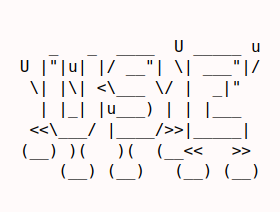
![[expo] Dorm en l'accident que provoca](https://blogger.googleusercontent.com/img/a/AVvXsEgjj7ASH7edRFh6yretcviCckrs19chm_iyuaa0PyNeRqKj6EWr5C8wRAUQXNsR0rSxSIY0-j_a0z1PfmEjabITfUBWfMwqCNKLo9Fvb65P31PtSbEiBBJ_HhiNrs1iVFZsD4LWicCfvZXM20ivsPoG2XfLBZYGBhv7Iavs2VPb0uGV2mYehjf7mzdm=s220)
![[exposición] La Irrupción](https://blogger.googleusercontent.com/img/a/AVvXsEiJnQT68iCPb08I1Bq9Cq8cGWfRLxF_cwD3tqfqovDvh1oy1L-Mj5DVkBsyBEezs9ydH0kVterKMClhihz3EkJgySfauazM8-YsPZRI2qUOQKSWKE8phvjFy5lPNqE5r60m0bbgm4eyMXVA4xktKU5hrJoQ6gBv22a7QRAhFlmFDxYQVATl6orDZ-oK=s311)
![[Fellowship] Spectral Infrastructure | Cell for digital Discomfort](https://1.bp.blogspot.com/-1Mz9nkd7kyc/YUC9_z-hWZI/AAAAAAAACnw/yb9WDXWR2J0XT-0G0tw06NeA7Olw0vH9ACLcBGAsYHQ/s220/Spirit-Labour-1-web-2000x1335.jpg)
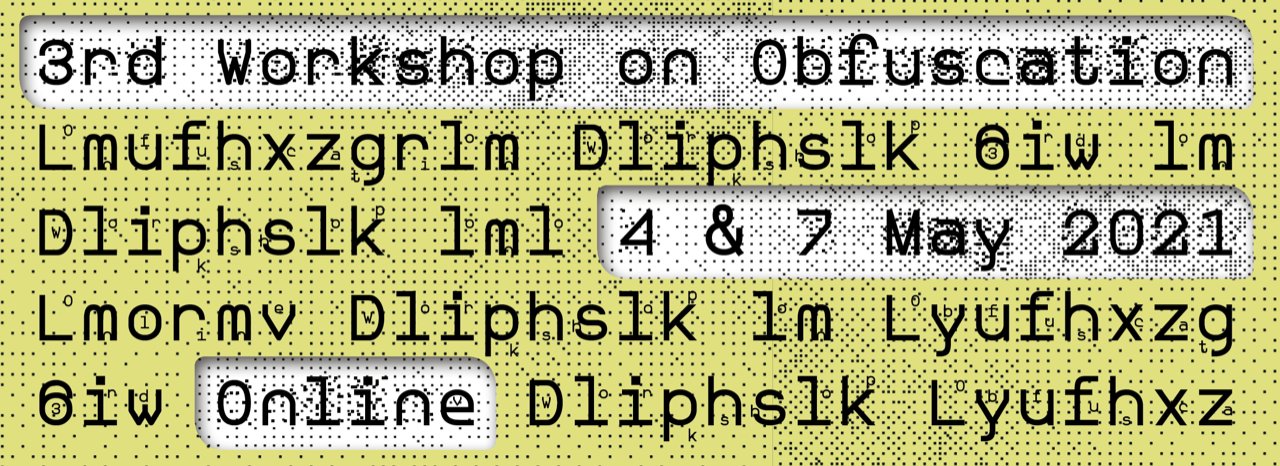
![[paper] Figurations of Timely Extraction](http://3.bp.blogspot.com/-EEElb_fstsE/X-JKErsMDnI/AAAAAAAACiU/uBoa0G9v3J0jXgtTtY-bOtx9eCx0Z-QRACK4BGAYYCw/s1600/hueco.png)
![[weft] The Relearning Series (with Martino Morandi)](https://constantvzw.org/site/local/cache-vignettes/L650xH614/arton3397-dd459.png?1609926532)
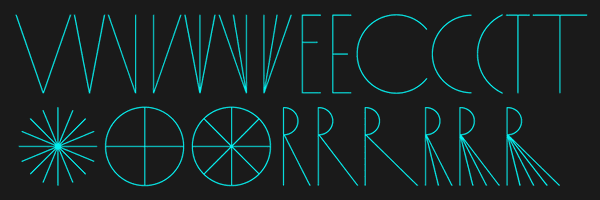
![[text] The Courier Bag Praxis of Friction](http://2.bp.blogspot.com/-rwB5cuz7Nso/XdbCtzNSDXI/AAAAAAAACaM/M4K3GJ5DWggsa_4QE4b1wUnEl7RMb7pSgCK4BGAYYCw/s1600/amz.png)
![[text] We Have Always Been Geohackers](http://2.bp.blogspot.com/-8BmPDN2rBsU/XqmEU9CXX7I/AAAAAAAACcY/pcyARZc0W1wfvfpF_7u9J_-zrspcGT0CgCK4BGAYYCw/s1600/600px-Image04.png)
![[entrevista con Nerea Ubieto] unos corpus a través de otros](http://2.bp.blogspot.com/-0_bjDza1kNM/Xw8oXD4wlVI/AAAAAAAACe8/Dtq63XbpeBUurLduks1DUllgs9C-wci3gCK4BGAYYCw/s1600/yaaun.hotglue.me.jpeg)
![[book] Iterations](http://3.bp.blogspot.com/-lPq3XYhb2sg/Xr2YfP137KI/AAAAAAAACcw/Mr3UWKSzkMgXplIMuRl7zb0fAIEEdubNgCK4BGAYYCw/s1600/iterations_img.png)
![[text] Depths and Densities: a bugged report](http://2.bp.blogspot.com/-6ZOLIzgxql0/XYs4n31larI/AAAAAAAACYU/4-_ZiDlW64gq37asORZYzucTqIQIJHW-wCK4BGAYYCw/s1600/2.gif)
![[expo] ROCK REPO](http://1.bp.blogspot.com/-sZWN9EHxUZM/XiBDs0irMDI/AAAAAAAACbU/fpHwrq8p1ackZtOWE-x4JbBq9wARbI3eQCK4BGAYYCw/s1600/ROCKREPO.png)
![[ciclo] unsupervised imaginations](http://2.bp.blogspot.com/-bPb_qCmEwOA/XiBCnNU7ksI/AAAAAAAACbI/GxHrqiS0C7cYh7C0xcK6EMWm2q3Tg4X9wCK4BGAYYCw/s1600/done.png)
![[texto] O o no O](http://2.bp.blogspot.com/-z3dqpqevjEI/XdbINfBM4lI/AAAAAAAACak/Y6sTzqZPu_gqRqpyxL7SqeIC3zg7EkftACK4BGAYYCw/s1600/OOO.png)

![[text] testing texting South: a political fiction](https://s-media-cache-ak0.pinimg.com/236x/ee/bb/77/eebb777b79c372e431f8f01a9f8c417e.jpg)
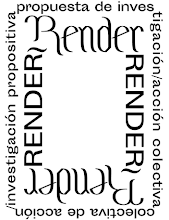
![[texto] connivencia km 0](https://a-desk.org/wp-content/uploads/2019/02/yCNQVn7-595x356.jpg)
![[texto] tendido topológico de opacidad](http://68.media.tumblr.com/e676dd7629cd52e1ce1bdb64223950d5/tumblr_oqrvcsjHMp1r7nmp9o1_500.jpg)
![[workshop] queering damage: methodologies for partial reparations... or not](https://hangar.org/webnou/wp-content/uploads/2018/09/fotoactivitat-448x197.jpeg)
![[text] ultrasonic dreams of aclinical renderings](http://4.bp.blogspot.com/-H52-iMOqyxk/WxPAdNgi69I/AAAAAAAACMY/j4JJw_mDM5chr9DB9yFr1unE03drzE5vwCK4BGAYYCw/s1600/ada.png)
![[text] la Caníbal Mondothèque](http://2.bp.blogspot.com/-2AmJZaoZ6DQ/XG_8lEagqFI/AAAAAAAACSg/G_wb8mA_1skE8CRxc2adXM6Kf7kHZ0HpQCK4BGAYYCw/s1600/sss.png)
![[taller] Signos de desorden clandestino en la multitud uniformada y codificada](http://1.bp.blogspot.com/-g90noKfLvso/XID1fwNHk2I/AAAAAAAACS4/49GpVIKB6pwZs_a2NiZ0-pDZB3zOAiUUQCK4BGAYYCw/s1600/signos%2Bde%2Bdesorden.png)
![[book scanner] hackthebiblio](http://1.bp.blogspot.com/-K6Fcg2IHMOo/W_VRe_buifI/AAAAAAAACQ4/GqQ41wOOJNQDsp0gTjKaZBh76vTnhVi4wCK4BGAYYCw/s1600/marron.png)
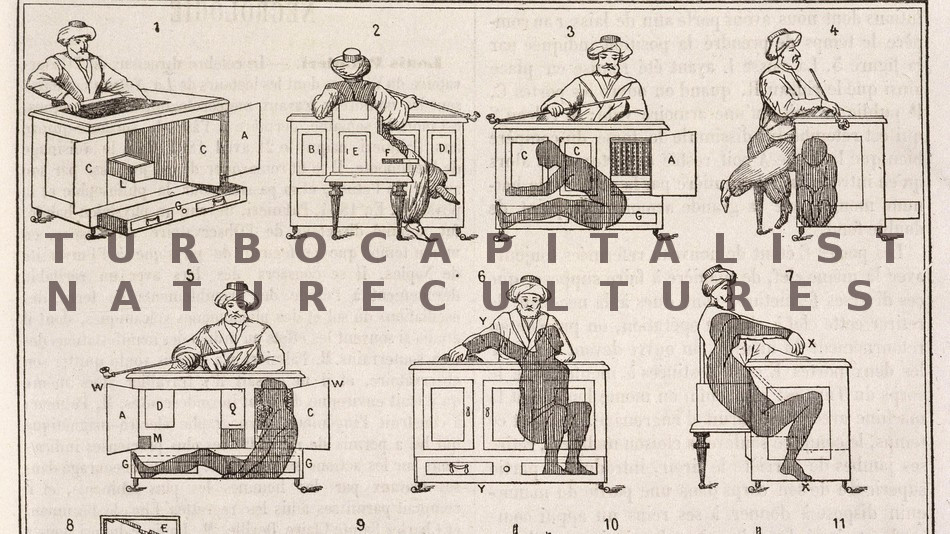


![[installation] somatopologies](http://www.constantvzw.org/site/local/cache-vignettes/L650xH459/arton3002-2d389.png?1529044157)
![[workshop] ageing companions](http://1.bp.blogspot.com/-0pIRFCt-JKE/Wx46-eD3pGI/AAAAAAAACM0/snZKH8YigMUCAtXVvMtcgOfsRLPJjWP-wCK4BGAYYCw/s1600/ageing%2Bcompanions.png)
![[curso] ya aún (con Laura Benítez)](http://1.bp.blogspot.com/-GUL6FLrVRgE/Wm4Y61sJqKI/AAAAAAAACHM/NrGoBKf8vxkbExoSlJ487ziXy378jcLwwCK4BGAYYCw/s1600/yaaun.png)
![[text] MakeHuman @ posthuman glossary](http://4.bp.blogspot.com/-thbyHWJ7aJw/WWTD0ji_FgI/AAAAAAAACCo/njA7C6KXCHMKsS35QJGTRPodihTaDly7ACK4BGAYYCw/s1600/posthuman%2Bgloss.jpg)
![[taller] Las promesas de los algos: una visión inapropiada/ble (con Nicolas Malevé)](https://hangar.org/webnou/wp-content/uploads/2018/01/tensorflow-448x298.jpg)
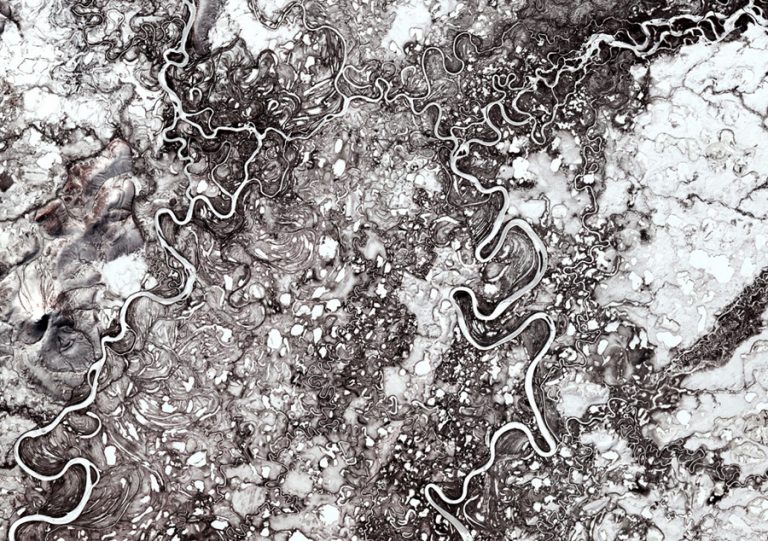
![[text] dis-orientation and its aftermath](https://media.giphy.com/media/L35lnVzYLgHFS/giphy.gif)
![[curso] fonaments del disseny](http://2.bp.blogspot.com/-AUeIee2eivM/WnmQaaR9mpI/AAAAAAAACHw/khMDypdnw8MnWpQOijY_AQtEcuzLALy_wCK4BGAYYCw/s1600/fonaments3.jpg)
![[revista] L/EN/G/U/A/J/E/o](https://1.bp.blogspot.com/-kq7SQc_3FFg/WbWWs7sKFfI/AAAAAAAADnE/GBYYcY5dPHUmCW6psmBmoYc5XRPo1d06gCLcBGAs/s320/Captura%2Bde%2Bpantalla%2B2017-09-10%2Ba%2Bla%2528s%2529%2B21.46.40.png)
![[methodology] workshop à la carte](http://3.bp.blogspot.com/-2keAktRvWvM/Wieze3oi2yI/AAAAAAAACGM/luz8sgbuRekmVBoDdBuwNEBGceUBdbZaQCK4BGAYYCw/s1600/teo.png)
![[text] tongues in the making](http://4.bp.blogspot.com/-IqirwW5LCSQ/VrNRZTnVUsI/AAAAAAAABqc/X3QoMlBfe8A/s1600-r/Captura%2Bde%2Bpantalla%2B2016-02-04%2Ba%2Blas%2B13.53.52.png)

![[texto] altas tensiones, saberes menores](http://blogzac.es/wp-content/uploads/2016/12/Tensiones_Aprendizajes_ColaBoraBora-768x521.jpg)
![[text] new criticals: cadavre exquis](http://www.newcriticals.com/_img/_article-uploads/tumblr_n896cez0Ln1tu5ph3o1_1280.jpg)
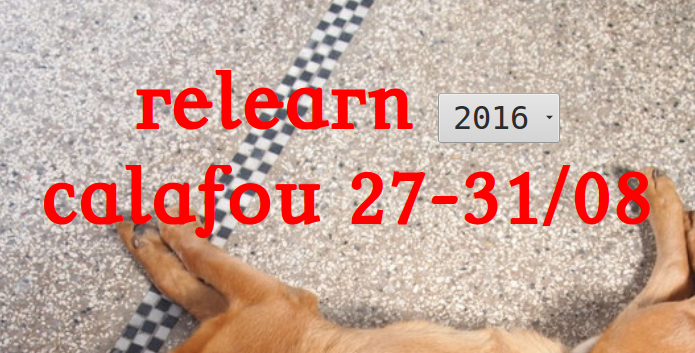
![[article] Let's first get things done! / Fiberculture Journal #26](http://4.bp.blogspot.com/-WZLUIptJM94/Vro1pwaIMJI/AAAAAAAABrk/Mx1ZYSUrq4o/s1600-r/graph.png)

![[paper] "La materia contraataca: una tentativa objetológica"](http://1.bp.blogspot.com/-uYxTKY6x8E8/Vg0AIEhlteI/AAAAAAAABfU/pUyicU7-6aM/s1600-r/m%25C3%25A1quina_cuadruple%2Bhaz.jpg)
![[expo] not yet know: ontologías sorpresa y agencia-ficción](http://36.media.tumblr.com/cb645e6566f7d7b938eadfb8b6211bd8/tumblr_nl1pgqOjJY1tu5ph3o1_1280.jpg)

![[libro] "El futuro de los centros culturales en la europa creativa"](http://2.bp.blogspot.com/-7ObPKR4gwAA/U9vbWH0JSeI/AAAAAAAAAzw/v3NueMEhzqg/s1600/euroz.jpg)
![[zine] catálogo restrospectivo de una soberanía objetual](http://40.media.tumblr.com/474e97cd6589b57032fbb079230ae643/tumblr_nkr05twfSL1tu5ph3o1_1280.jpg)
![[wiki] protocol for interdisciplinary research / Hangar / Grid_Spinoza](http://3.bp.blogspot.com/-Z7zs8EJByTs/VnBhHx-VRpI/AAAAAAAABmM/wIsUhGxuHJs/s1600-r/Pantallazo.png)
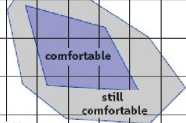
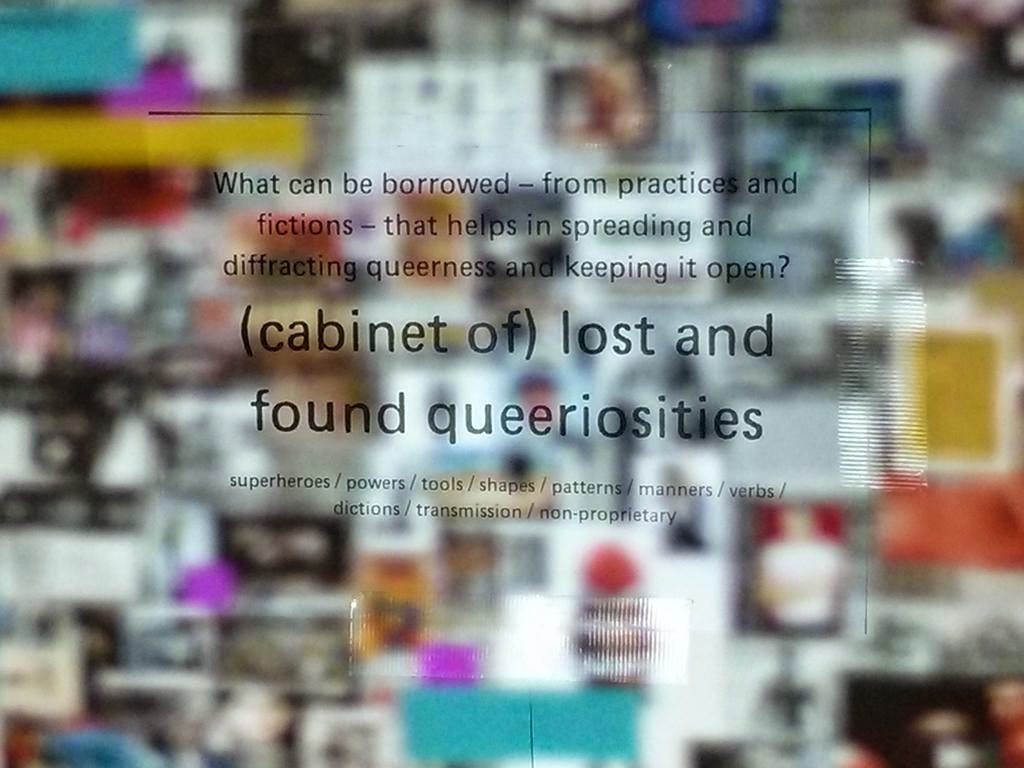
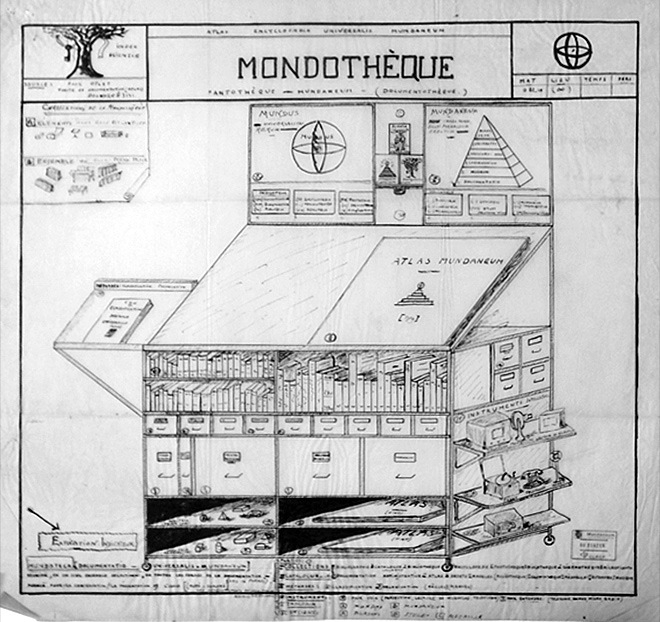
![[monográfico] Laboratorios de Procomún](http://3.bp.blogspot.com/-XEUy_xHiDQo/VrotjaSJmfI/AAAAAAAABrU/Zn1ZgeICBAc/s1600-r/teknokultura.png)
![[libro] Teknokultura: tecnociencia, arte y cultura](http://www.catarata.org/uploads/libros/imagenes/855dd3b0ba9d57cba1a8877e24d16c1037d45241.png)
